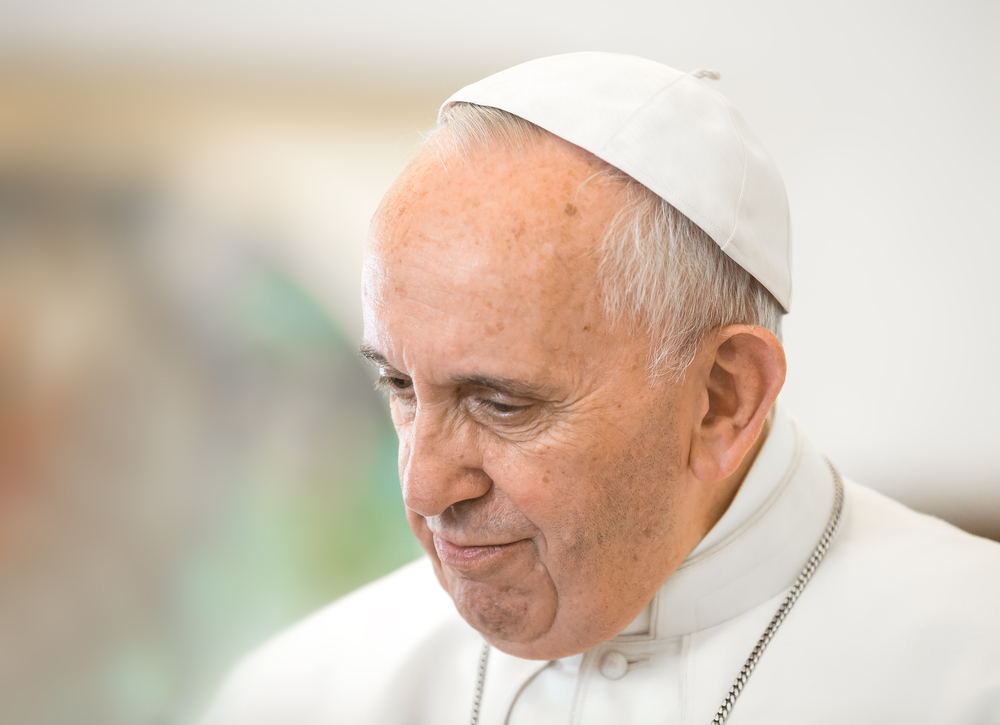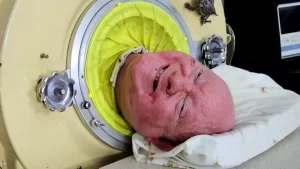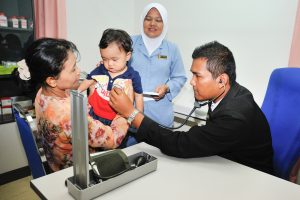Pope Francis, the leader of the Catholic Church, was hospitalized on Wednesday after experiencing difficulty breathing.
While the initial reports were alarming, the Vatican quickly confirmed that the pope’s condition was not related to COVID-19. Instead, the 86-year-old pontiff was diagnosed with a respiratory infection that may have been caused by one of many seasonal viruses.
Respiratory infections are common and usually mild, but they can be more serious in older adults, particularly those with underlying health conditions. In the pope’s case, his age and history of lung surgery put him at increased risk for serious complications.
Pope Francis’ Sickness: Respiratory Infection
Respiratory infections can be caused by various viruses, including rhinovirus, respiratory syncytial virus (RSV), and bacterial pneumonia. The symptoms can range from mild to severe and can include coughing, wheezing, difficulty breathing, and fever.
While respiratory infections are common, they can be more serious in older adults, particularly those with underlying health conditions. The pope’s case is particularly concerning due to his age and the fact that he had part of a lung removed due to a respiratory infection when he was younger. This can lead to a decrease in lung function and an increased risk of complications from respiratory infections.
Diagnosis: Not COVID-19
The Vatican has confirmed that Pope Francis’ respiratory infection is not COVID-19. While COVID-19 has dominated the news cycle for over two years now, it’s important to remember that there are many other respiratory illnesses that can cause serious health complications, particularly in older adults.
It’s unclear at this time what specific virus is causing the pope’s respiratory infection. However, it’s essential to note that there are many kinds of seasonal viruses that can cause respiratory infections. Some of these viruses are more serious than others, and the severity of the illness depends on the individual’s age, overall health, and other factors.
Treatment Options for Respiratory Infections
The treatment for a respiratory infection depends on its underlying cause. Bacterial infections like Streptococcus pneumonia can be treated with antibiotics, while viral infections cannot. However, some viral infections like influenza or COVID-19 can be treated with antivirals.
Age and Respiratory Infections
As we age, our immune system weakens, making us more susceptible to infections like the flu and viruses that cause the common cold. Additionally, older adults tend to have weaker coughs, which can allow more pathogens to enter the lower respiratory tract.
Furthermore, older adults often have other health conditions that impact the body’s ability to fight infections. As a result, respiratory infections in older adults are associated with increased morbidity and mortality.
Preventing Respiratory Infections
While respiratory infections are common, there are steps we can take to protect ourselves as we age. One of the most important things we can do is to keep our immune system strong. This can be done through a healthy diet, regular exercise, and getting enough sleep.
Additionally, it’s critical to avoid exposure to people who are sick, particularly during cold and flu season. If you do come into contact with someone who is sick, make sure to wash your hands frequently and avoid touching your face.
If you do get sick, seek medical attention if you experience difficulty breathing or other concerning symptoms. Treatment and supportive care can aid in recovery, but prevention and early detection are key to avoiding serious complications. By taking these steps, we can help prevent serious complications and stay healthy as we age.














